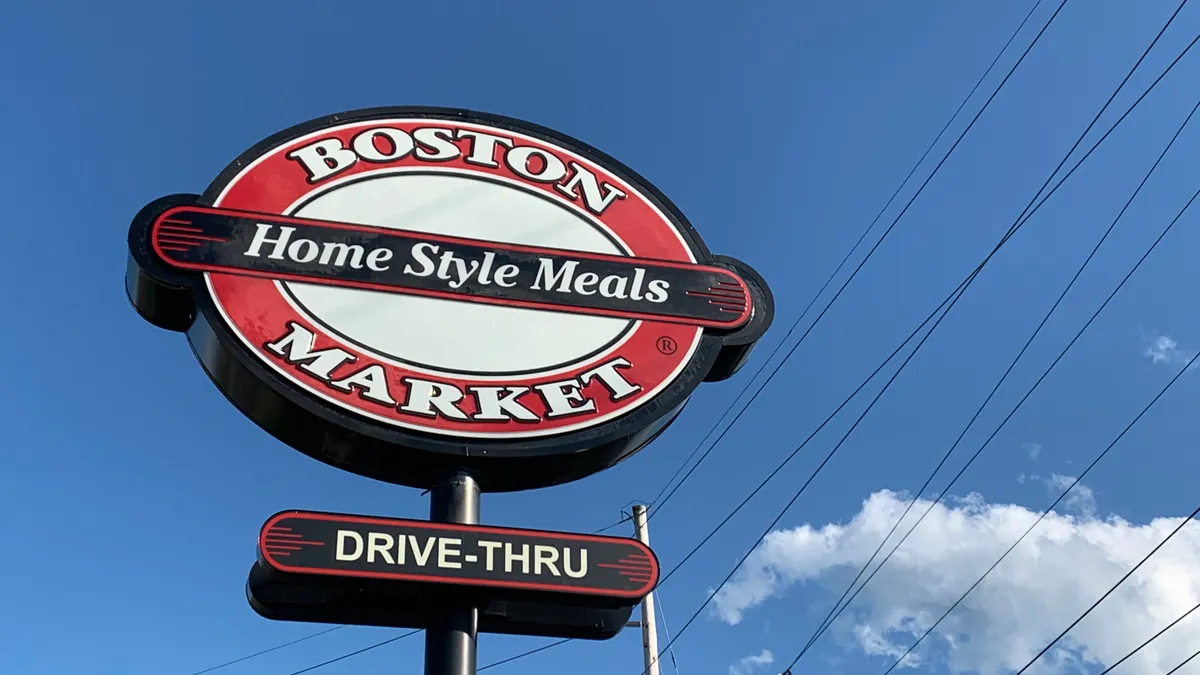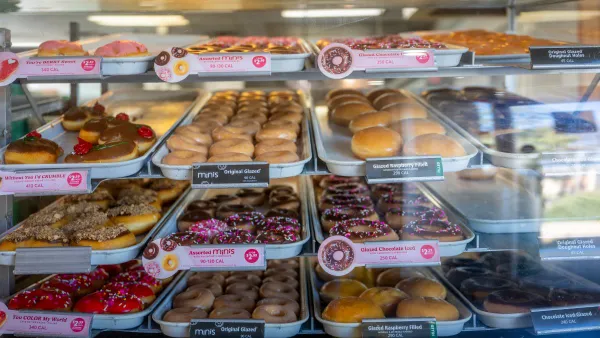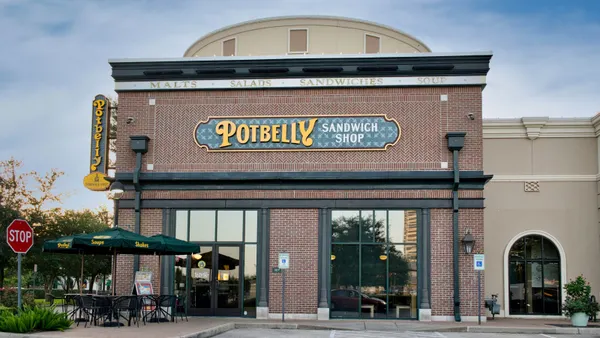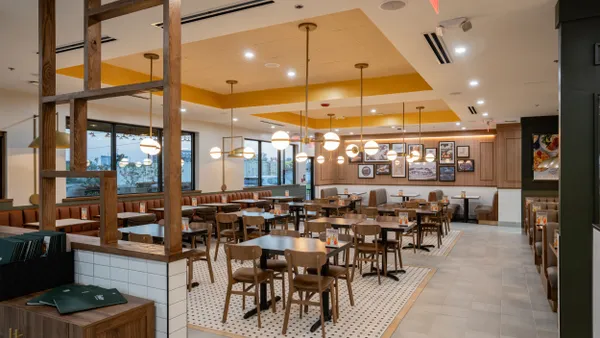After hundreds of closures, lawsuits and wage and hour violations, Boston Market did something unexpected in January: it laid out a growth and menu development plan.
The company, which ended 2022 with about 300 restaurants, launched Boston Market Connect, which it describes as an owner-operator profit center program that allows individuals to partner with the chain without any franchise fees.
While the requirements of such franchise deals are unclear at this time, this program is designed for non-traditional growth. The chain is targeting real estate including existing restaurants, delis, gas stations or other “suitable establishments.” The company is also adding several menu additions like Chicken Tikka and Biryani every six weeks, with cuisines highlighting different countries.
Interestingly, Boston Market said it is not franchising traditional locations and it doesn’t have franchise disclosure documents posted on searchable databases.
“I haven’t seen anything like this,” said Ab Igram, executive director of Babson College’s Tariq Farid Franchise Institute. “If I was pursuing it as a potential partner, I would have a lot of questions.”
Unlike a traditional franchise relationship, this alternative approach doesn’t require the filing of an FDD, which provides clear financial expectations for operators and franchisors and what is expected of an operator and franchisor. Typical franchise agreements last around 10 years, but there is no clear expectation on timing of Boston Market’s non-traditional growth offerings.
In addition to no buy-in requirements, this could be an appealing model for operators that don’t like the requirements that come with franchising. The press release highlights that this non-traditional model allows operators to “tap into a new customer base and revenue source without the typical franchise constraints.”
Any potential operator should ask what is different now about Boston Market that could help improve a potential business partner’s existing location through licensing of new products and offerings, Igram said. The chain’s unit count has shrunk rapidly over the years, from a peak of 1,200 restaurants in the 1990s to just a quarter of that footprint currently. A potential partner should also evaluate a corporation’s ability to provide support, whatever the franchise agreement ultimately entails, he said.
According to the press release, Boston Market operators would receive “access to proven operational systems and marketing support” and “high quality products and the associated brand goodwill.”
It’s also critical to understand what Boston Market’s selection criteria will be, he said. If the brand agrees to work with operators in a nearby community who aren’t well qualified, and the brand ends up suffering, that would reflect badly for other operators who recently signed up to a partnership, he said.
So far, the selection criteria appears broad, and its online questionnaire poses questions including “What drives your interest in becoming the owner of a Boston Market restaurant” and “What unique offering can you bring to the Boston Market in your local area?”
The timing of new menu offerings also raises several questions, Igram said, namely how the new offerings would coincide with a partner coming on board. If it’s at the same time, an operator wouldn’t have the time to do due diligence on what the offering is, how the brand is being positioned and what the overall turnaround strategy is, he said.
“It seems like a way to try to jumpstart some growth and improve the turnaround,” Igram said. “I would ask this question: What are existing franchisees doing?”
He said what franchisees are doing and how they are reacting to Boston Market’s changes could be a key indicator. Boston Market franchisees continue to close their restaurants, but many of the chain’s recent closures appear to be company-owned locations, as well.
“The franchisor/franchisee relationship is critical,” Igram said. “And I think the same is true for partners. I would definitely ask questions, like what’s driving this decision and this opportunity?”
Boston Market did not respond to Restaurant Dive’s request for more information on Boston Market Connect.










